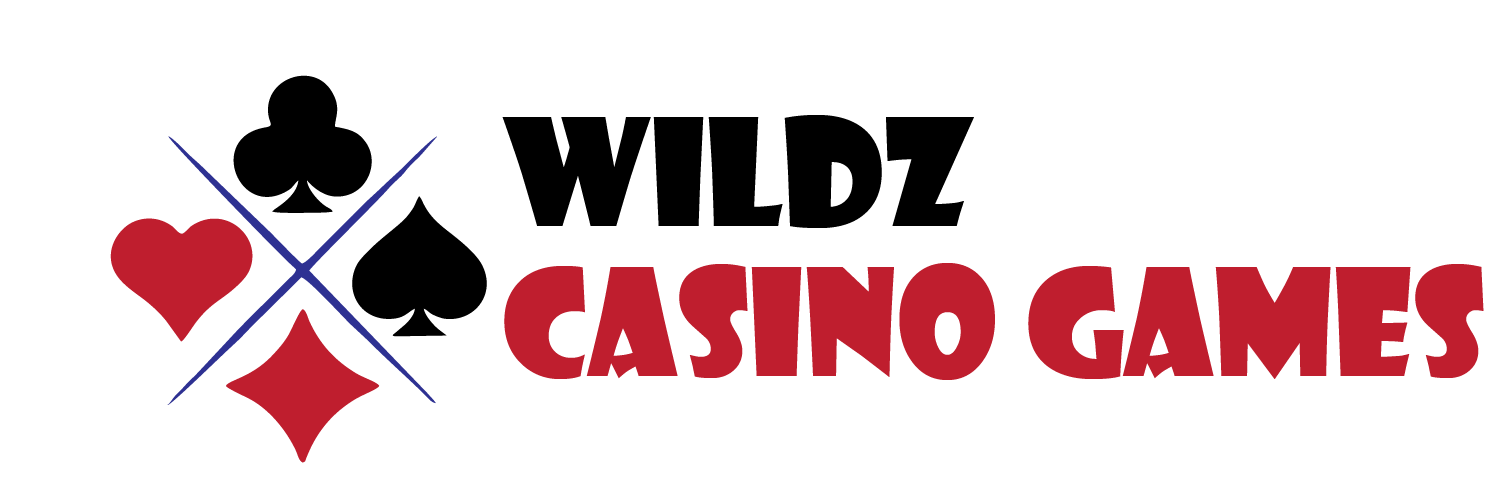If you suspect that you or a loved one may have an addiction to gambling, you should seek treatment immediately. There are a few signs that you can look for to ensure that your loved one is not at risk for gambling addiction. The first one is a desire to gamble. If you have this craving, you can try to distract yourself by doing other activities. If you can’t find anything else to do, try practicing relaxation exercises.
Other signs of gambling addiction include excessive mood swings and a double life, where you gamble in secret from friends and family. These symptoms are often mistaken for normal upsets, but you should be aware of them if they are affecting your life. You may even feel guilty and irritable if you’re not able to gamble. In addition to these symptoms, you may also have lost valuable assets and have committed crimes.
Financial problems are another sign of gambling addiction. Compulsive gamblers depend on other people for money. They may even have financial problems that make it impossible for them to pay their bills. It’s crucial to seek help if you suspect that a loved one may have an addiction to gambling. This condition can be extremely dangerous and can lead to bankruptcy or even suicide. The withdrawal symptoms from gambling can have a devastating impact on relationships and work.
Gambling addiction treatment options include individual therapy, step-based programs, peer support, and self-help groups. Inpatient programs are intended for those who are suffering from severe gambling problems. Often, they offer around-the-clock support and supervision. Some programs even offer 12-step programs similar to Alcoholics Anonymous. Not all 12-step programs are right for every person. You should seek help if you suspect that your gambling habit has become a problem.
One of the first steps in recovering from gambling is understanding the symptoms and the addiction. Once you understand the addiction, you can begin addressing the symptoms. Talking to someone can be helpful and may lead to the necessary treatment for you or a loved one. It may also help to join a peer support group. These groups may be local or even online. So, you should be able to find a group that suits you and your lifestyle.
A common type of gambling disorder is compulsive gambling, or ‘gambling addiction’. This type of behavior has serious personal consequences, including financial and criminal behavior. Gambling addiction is a common recreational activity, and its symptoms are similar to those of other impulse control disorders. It is important to seek professional help if you suspect that you or a loved one is suffering from gambling addiction. The following symptoms are signs that you may need to seek professional help for your condition.

